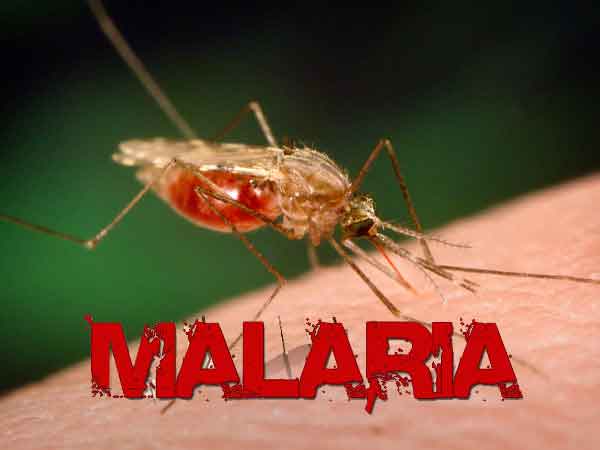
This was disclosed in a press statement signed by Tashikalmah Hallah, the Senior Adviser, Media and External Relations to the Coordinating Minister of Health and Social Welfare, Muhammed Pate on Monday.
The advisory board and task force are to accelerate progress towards malaria elimination in the country.
Malaria—a life-threatening disease caused by parasites transmitted to humans through the bites of infected female Anopheles mosquitoes—occurs regularly and is widespread across Nigeria.
The World Health Organisation estimates that Nigeria had nearly 67 million cases in 2022 accounting for 27 percent of the global malaria burden. five. Also in 2022, Nigeria accounted for 31 per cent of global deaths and 38 per cent of global deaths in children under the age of five.
While inaugurating the advisory board and ministerial task force, Pate explained that malaria poses a significant burden on Nigerians in terms of mortality, morbidity, loss of work hours, out-of-pocket expenses, and government investments in treatments and interventions.
The minister emphasised that despite being preventable and treatable, malaria continues to be a major challenge for the country.
“Therefore, we need a paradigm shift from the standard approach to a more proactive and result-oriented method of defeating this disease.
“On this premise, we invited academics, malaria programme experts, development partners, private sectors, civil societies, business enthusiasts, policymakers as well as the political class to a roundtable discussion to rethink the country’s approaches and strategic views on malaria, which culminated to the setting up of the Advisory for Malaria Elimination in Nigeria, among other things agendas, and the Ministerial Task Force on Malaria in Nigeria,” he noted.
The Advisory on Malaria Elimination in Nigeria is chaired by Emeritus Rose Leke of the University of Yaoundé, Cameroun.
Other members included Prof Dyann Wirth of the Harvard School of Public Health, Dr Soji Adeyi, President of Resilience Health System, Prof Ibrahim Abubakar of the University College, London, and Prof Peter Piot of the London School of Hygiene and Tropical Medicine.
“They will offer evidence-based advisory services and meet regularly to review programme evidence and provide guidance on aligning with best practices for malaria elimination. They will also collaborate with the Coordinating Minister of Health and Social Welfare, and the Minister of State for Health and Social Welfare to review implementation when necessary. The team will meet every twice in a year,” Pate added.
The Ministerial Task Force, Pate explained that it will consist of stakeholders from various sectors who have extensive knowledge of malaria implementation in Nigeria and are based in Nigeria.
“They will ensure that the advice and recommendations from the AMEN are carefully considered, analysed, and implemented. The task force will collaborate with the Federal Ministry of Health, development partners, donor agencies, and the AMEN as needed.
“The task force will contribute to the overall goal of the National Malaria Elimination Programme and work to reduce the incidence of malaria. It will also aim to improve the impact of malaria interventions through coordinated efforts in prevention, diagnosis, treatment, and awareness creation,” he stated.
The Ministerial Taskforce is co-chaired by Pate and the Minister of State for Health and Social Welfare, Dr Tunji Alausa while the Chairman of the Malaria Technical Working Group in Nigeria will serve as the Vice Chairman.
Other members of the force are the Permanent Secretary, Director of Public Health, Representatives of WHO, Secretary, Country Coordinating Mechanism, Global Fund, Representatives of the Civil Society Organizations Secretary, Pharmaceutical Manufacturers Group of Manufacturers Association of Nigeria, Strategic Adviser to the Ministers of Health on Malaria, Secretary of the Governors’ Forum and the Technical Adviser to the Coordinating Minister on African Traditional Medicine.
The National Coordinator of the National Malaria Elimination Programme serves as the Secretary.
The team will meet every six to eight weeks and other scheduled meetings.
Pate, however, noted that the membership will be reviewed biennially to achieve optimum results.





